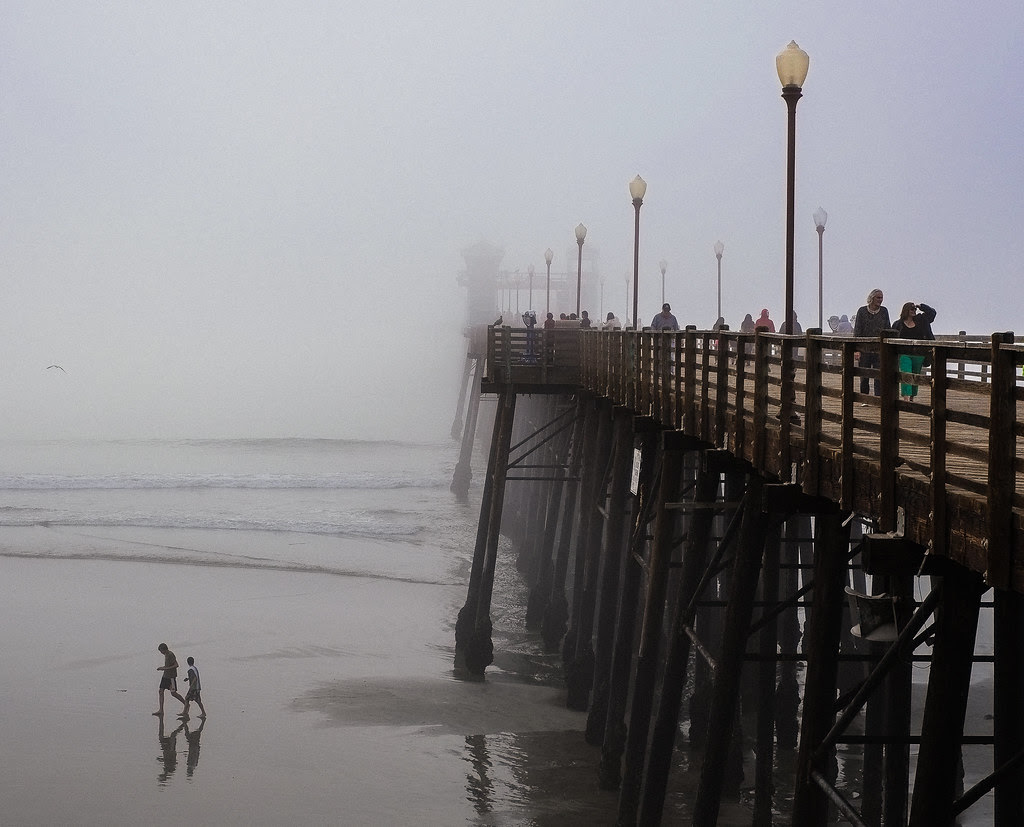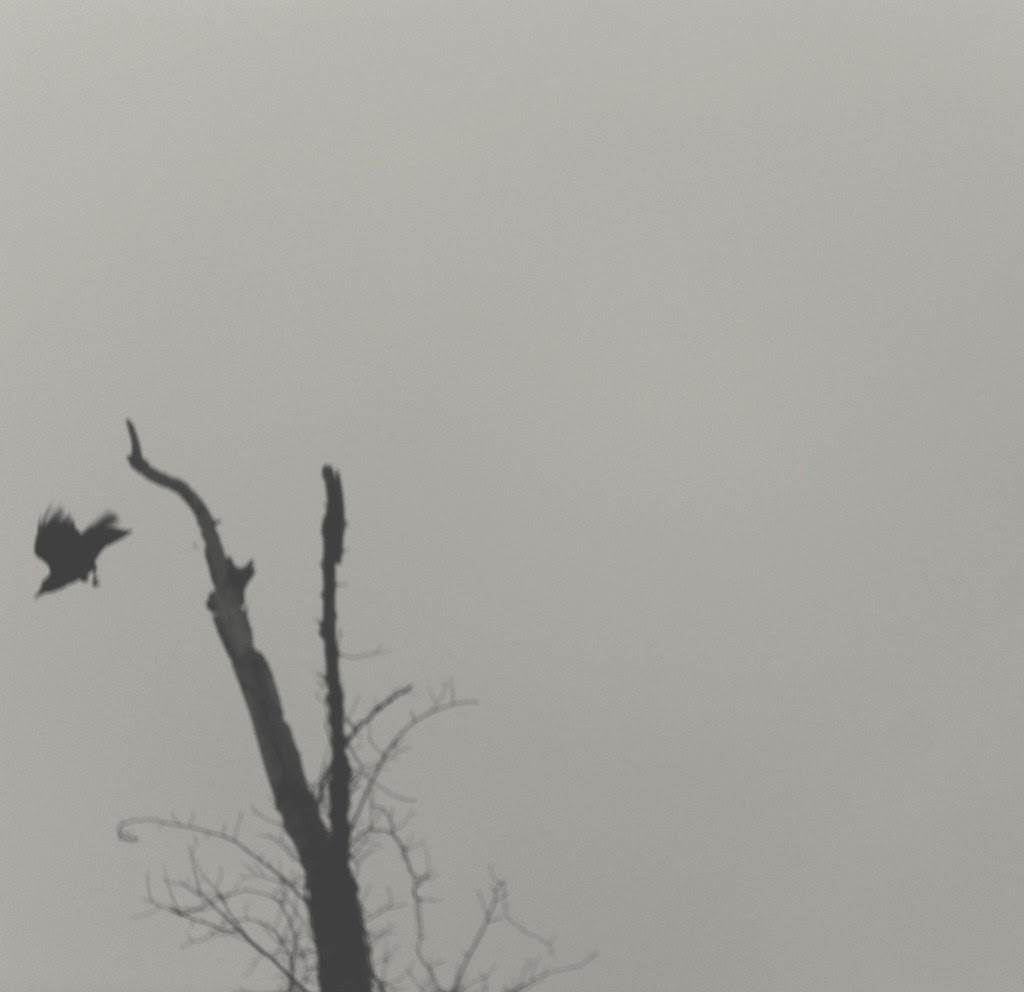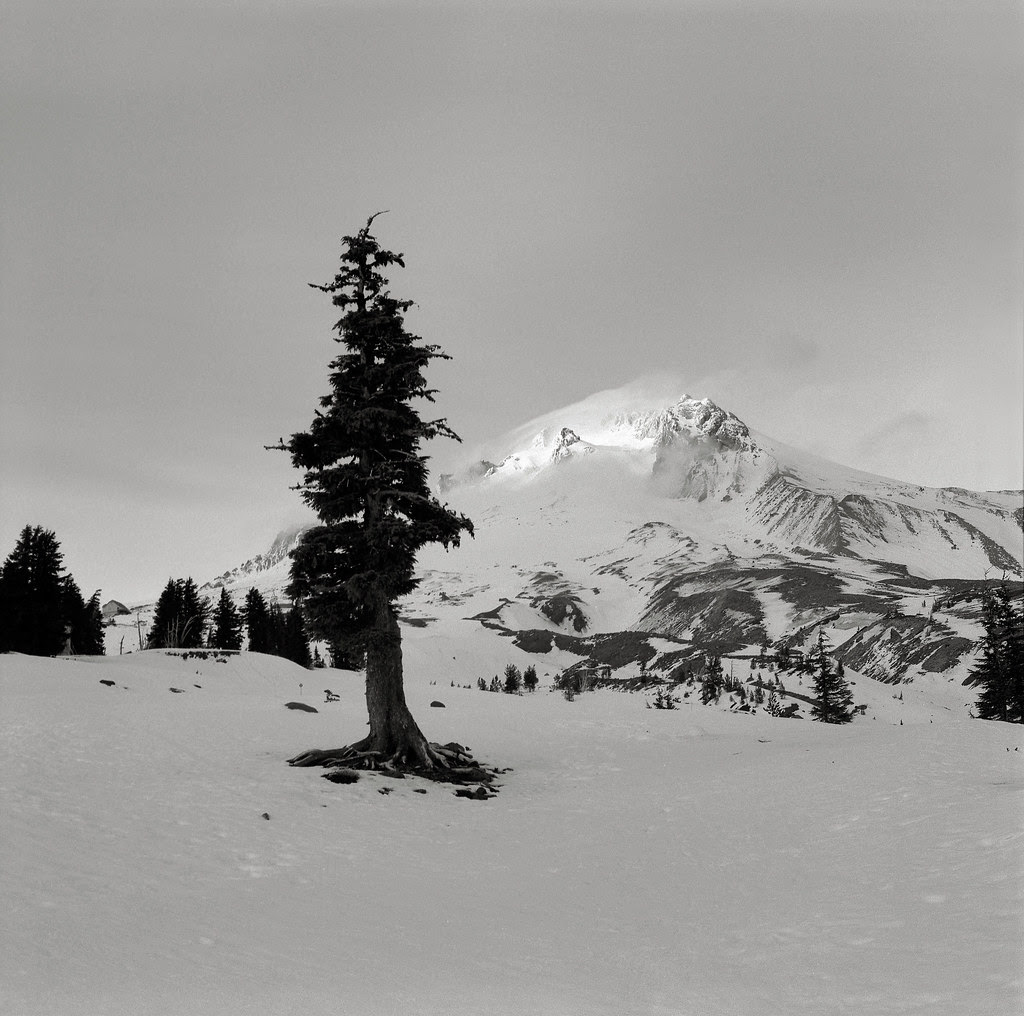.

Lenticular Cloud (altocumulus lenticularis), near Mt. Hood, Oregon: photo by Austin Granger, 12 January 2014
Friedrich Hölderlin: Die Kürze (Brevity)
"Warum bist du so kurz? liebst du, wie vormals, denn
...."Nun nicht mehr den Gesang? fandst du, als Jüngling, doch
........"In den Tagen der Hoffnung,
............"Wenn du sangest, das Ende nie?“
"Warum bist du so kurz? liebst du, wie vormals, denn
...."Nun nicht mehr den Gesang? fandst du, als Jüngling, doch
........"In den Tagen der Hoffnung,
............"Wenn du sangest, das Ende nie?“
Wie mein Glück, ist mein Lied. -- Willst du im Abendroth
....Froh dich baden? Hinweg ist’s, und die Erd’ ist kalt,
........Und der Vogel der Nacht schwirrt
............Unbequem vor das Auge dir.
Brevity
"Why so brief these days? Don't your songs move you
..as they once did? Back when you were young
......and your days were full of hope and you wanted
.........your singing never to come to an end?"
As my luck goes, so goes my song. Would you have the glow
As my luck goes, so goes my song. Would you have the glow
...of the setting sun put you right? It's gone! And the Earth grows cold
......and the ungainly bird of night flutters down
.........much too near, so that you must shield your eyes.
Friedrich Hölderlin (1770-1843): Die Kürze (Brevity), 1798, English version by TC
TO IMPE'ND. v.n. [impendeo, Latin.] To hang over; to be at hand; to press nearly.
Destruction sure o'er all your heads impends;
Ulysses comes, and death his steps attends.
Pope's Odyssey
Samuel Johnson: A Dictionary of the English Language, 1st ed., 1755
Fate is the antithesis of natural law. A natural law is something you fathom and make use of, but not fate.
The use of the word "fate". Our attitude to the future and the past. To what extent do we hold ourselves responsible for the future? How much do we speculate about the future? How do we think about the past and the future? If something unwelcome happens: -- do we ask "Whose fault is it", do we say "It must be somebody's fault", -- or do we say "It was God's will", "It was fate"?
In the sense in which asking a question and insisting on an answer is expressive of a different attitude, a different mode of life, from not asking it, the same can be said of utterances like "It is God's will" or "We are not masters of our fate". The work done by this sentence, or at any rate something like it, could also be done by a command! Including one which you give yourself. And conversely the utterance of a command, such as "Don't be resentful", may be like the affirmation of a truth.
Ludwig Wittgenstein, private notes, 1947, in Vermischte Bemerkungen (1977), edited by G.H. von Wright; translated by Peter Winch as Culture and Value, 1980

impending walmart, dead of night snowing. walking around in last night's blizzard: photo by Clayton Percy, 4 February 2014

Scarecrow, Oregon: photo by Austin Granger, 4 February 2014

Frozen field, Canby, Oregon: photo by Austin Granger, 18 December 2013

Watery Grave (Wakefield, Massachusetts): photo by Jim Rohan (LowerDarnley), 6 February 2014

salt and ice mix. cold knees: photo by Clayton Percy, 2 February 2014

wet spot with lines: photo by Clayton Percy, 11 January 2014

sleet on the boardwalk 1 (yesterday's sleet storm): photo by Clayton Percy, 31 January 2014

wet sleet on the boardwalk (more culvert work from the day of the sleet): photo by Clayton Percy, 2 February 2014

Lenticular cloud, Hammil Valley, California: photo by Jeff Ross, 25 January 2014

Palm trees (Oceanside, California): photo by michaelj1998, 2 January 2014

Portland: photo by Austin Granger, 27 January 2014

Pier (Oceanside, California): photo by michaelj1998, 2 January 2014

View from the Edge of a Cliff, Cape Kiwanda, Oregon: photo by Austin Granger, 12 January 2014

exit: one crow tree / none crow tree (Cuyahoga Valley National Park, Ohio): photo by wood_owl, 23 January 2014

Last light, Mt. Hood, Oregon: photo by Austin Granger, 12 January 2014



12 comments:
I love the poem, love the ungainly bird of night fluttering down too near. Love the image, that is, though not the feeling it gives. Like the entry about FATE. It's always an interesting one for me, that argument between fate and free will and all its permutations. I think the bigger question is not free will but free-wheeling idiocy that rules. But then I should be brief these days . . .
Yes, that bird is scary indeed, and scared or no, I suppose we all should learn to be brief.
In this university town that plays host, however unwillingly by some at this late date, to persons from all corners and nooks and crannies of the globe, the default behaviour of young persons (as observed by those ever so reliable witnesses, creepy old invalids on night buses), when not actively engaged on career or fun track, is flipping open one of those handheld thingies, and losing the anyway apparently hollow self in a world of blankness, pointlessness, and the sort of pinhead text-message brevity characteristic of the communications of single-cell organisms.
But wait, how do single-cell organisms communicate, while holding mobile devices? -- argues for the need of another cell right there.
Of course, freewill doesn't even enter into this particular realm of phantasmagoria, because anybody who owns one of those devices is no longer an autonomous entity, but simply another working part in a much larger form of social organization designed for the profit of individuals whose portfolio includes, among other things, not letting us know where we might find them, in the odd event we might have a question or two to pose.
So I suppose this reverts to the archaic concept of the gods, remote cavalier weirdos at whose wont earthquakes and plagues and climate alterations could happen every time the mood ring message app came up on their smartphones.
Determining our fates, in brief.
Well, then. I absolutely know how Holderlin feels (although I wish I didn't), but I've never seen the sentiment and thoughts that goes with it so well and memorably expressed. I think I know how Wittgenstein feels also, i.e., extremely confused and confounded by blind, blocked alleys. It's a remarkable composition of remarkably composed photographs also. There's a funny remark in the movie 21 Jump Street occasioned by one of the male leads (played by Jonah Hill) telephoning a girl he's interested in. She's surprised that he's phoned, rather than texted her, and she tells him: "Oh! Hey, man! Uh...so weird that you're calling me. I pretty much text, except for when a random old relative calls." I hate texting and beg Jane not to text me. As you might imagine, my begging has been to no avail, as begging usually is. Curtis
"And conversely the utterance of a command, such as 'Don't be resentful', may be like the affirmation of a truth." It is the natural course that youth and the full throatedness of our song is brief. Also that we are surrounded by dunderheads. Twas ever thus. Resentment undoes us totally.
Harris
Infancy is what is eternal, and the rest, all the rest, is brevity, extreme brevity.
--Antonio Porchia, from Voices
Black and white, twilight and ice - Hölderlin seems a good guide to these badlands. That bird isn't one you want to have trapped in your bedroom. Funny that texting feels so much like bad brevity in this context - like if the young knew there'd be a time when brevity will be imposed on them, come at them like a trapped bird filling the room, maybe they'd embrace loquaciousness a little, while they can. Language, it's wasted on the young.
Thoughts loom like those mesmerizing lenticular clouds, or the bridge tower in the Portland photo. I’m less certain about the distinction that Wittgenstein draws between fate and natural law. Rather than opposition, there's a relationship. Fate is another way, the classical way, to speak of probability—chance, fortune, hazard—Hölderlin’s “luck.” Fate is operational; it impinges on actions or states, whether it’s gods or physical forces at play. It’s in the way things interact. Natural laws then, would also be subject to fate; that is, to probability. David Bohm, physicist and philosopher, postulates that nothing exists in and of itself, but only in context, only in relationship to other things, to the universe. An object, person, or event is, to use his marvelous phrase, an “invariant relationship” whose outlines are inconstant, always in flux.
to be brief - i've read, in one of idries shah's books -
there is such a thing as destiny, but continue with your own plans - and if they are in accordance with destiny, you may reap a rich reward
The juxtaposition of Hölderlin and Wittgenstein makes me think of the former's lovely remark in a letter to his brother:
"Philosophie musst Du studieren, und wenn Du nicht mehr Geld hättest, als nötig ist, um eine Lampe und Öl zu kaufen, und nicht mehr Zeit als von Mitternacht bis zum Hahnenschrei."
"Fate is another way, the classical way, to speak of probability -- chance, fortune, hazard -- Hölderlin’s 'luck.'"
Well. I heard "luck" in "Glück" -- always squinting to make out the brighter side, these nights.
Keats (Hölderlin's contemporary) said the setting sun always put him to rights.
"the ungainly bird of night flutters down" -- it was being able to bring along that bit that gave me to the nerve to crash the party, here.
"shield" helped. The fear, the dread of the dark smothering night bird.
Chris, maybe having no money is the easy part. The hard part is hearing the scarecrow... that is, cockcrow, when it comes.
Speaking of scarecrow -- let this post not pass without my expressing my great debt to the outstanding American artists who took the photographs.
You are a slave
From the executive suite to the sweeper on the street
Slaves all
Your wage might buy you some vacations on crowded airplanes in USA EU
Maybe only some overpriced toxic food in the markets
In Poland the markets may be rich or poor
You go to the appropriate one in the rain
In the night
After work
Work is an honor/blessing/privilege
It allows you to be a slave
You do not want to join the useless
Non-slaves
Chattle
A photograph at night reveals wobbly legs over large rectangular bricks
Anonymous legs hurrying to market or some other slave destination
The lines of the brick pattern reveal
Regimentation
Everywhere is boxy perpendicularity
You can buy boxes of cereal in the market
Hurry
It’s closing time
Harris Schiff
Soon Come
Post a Comment